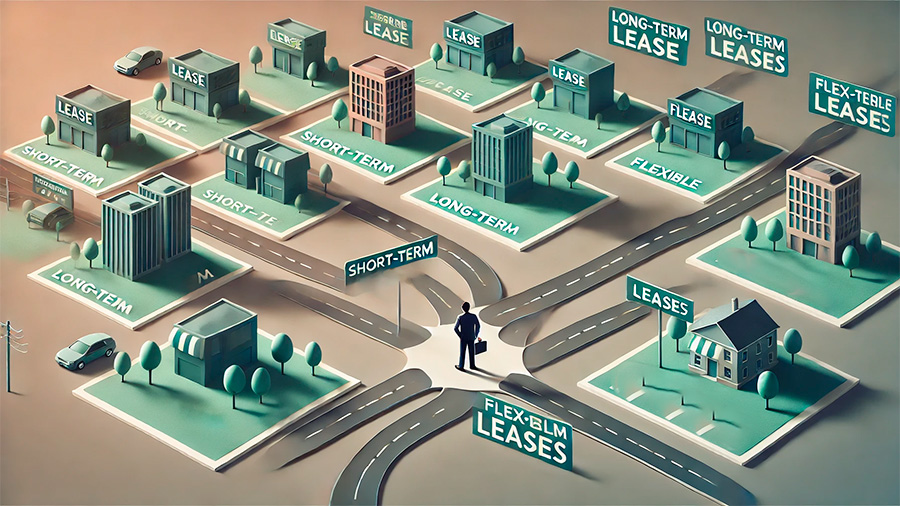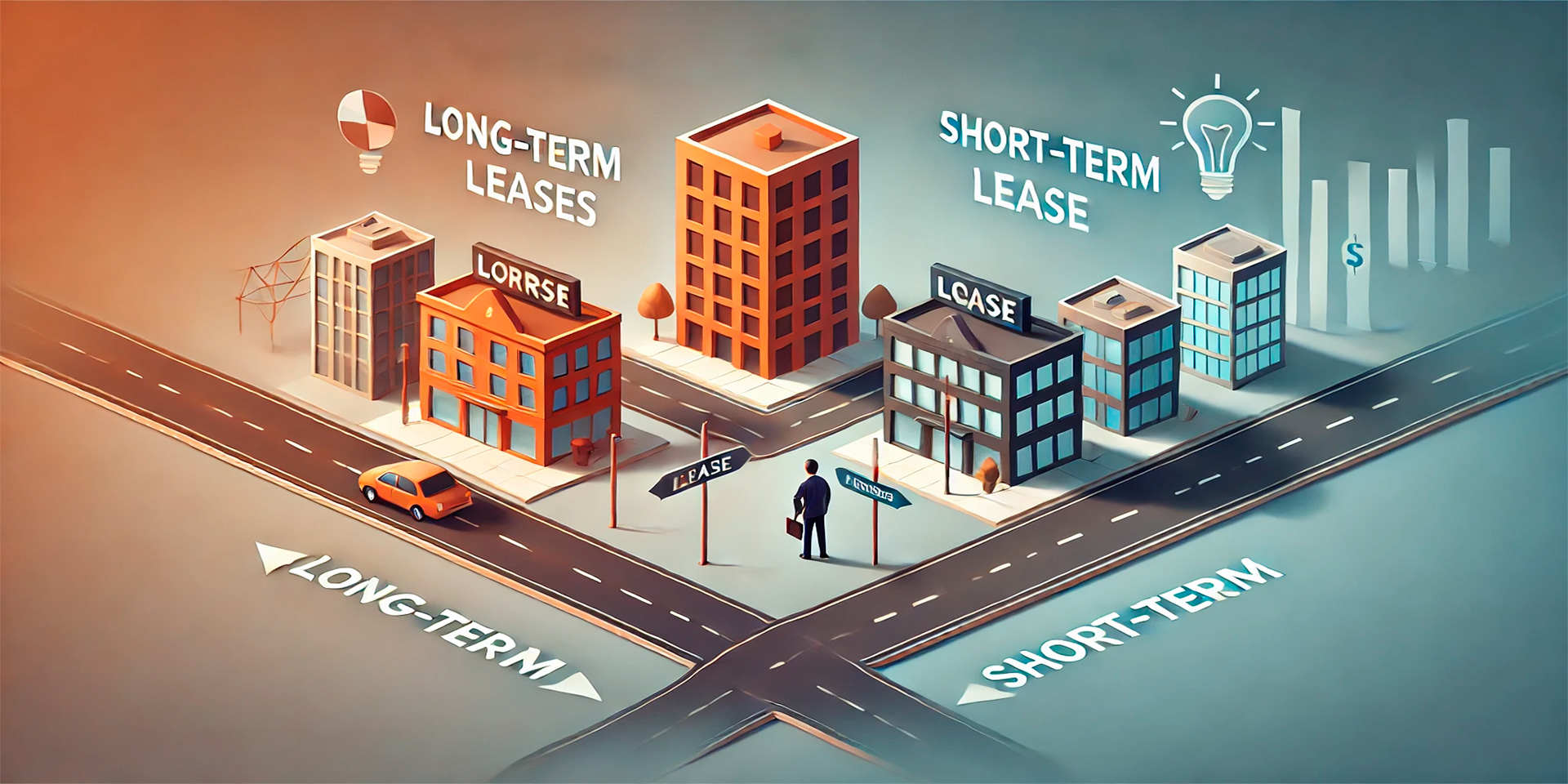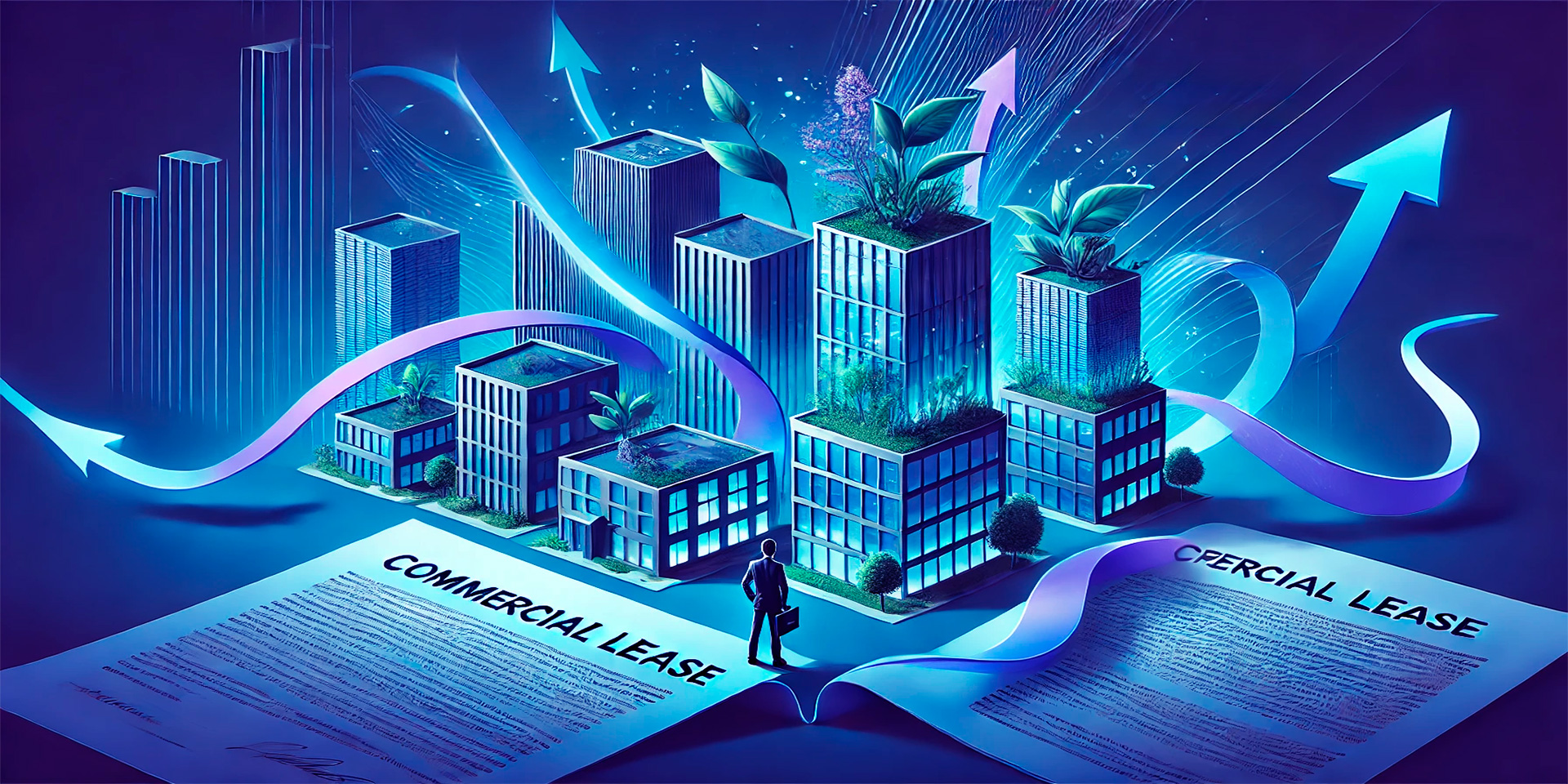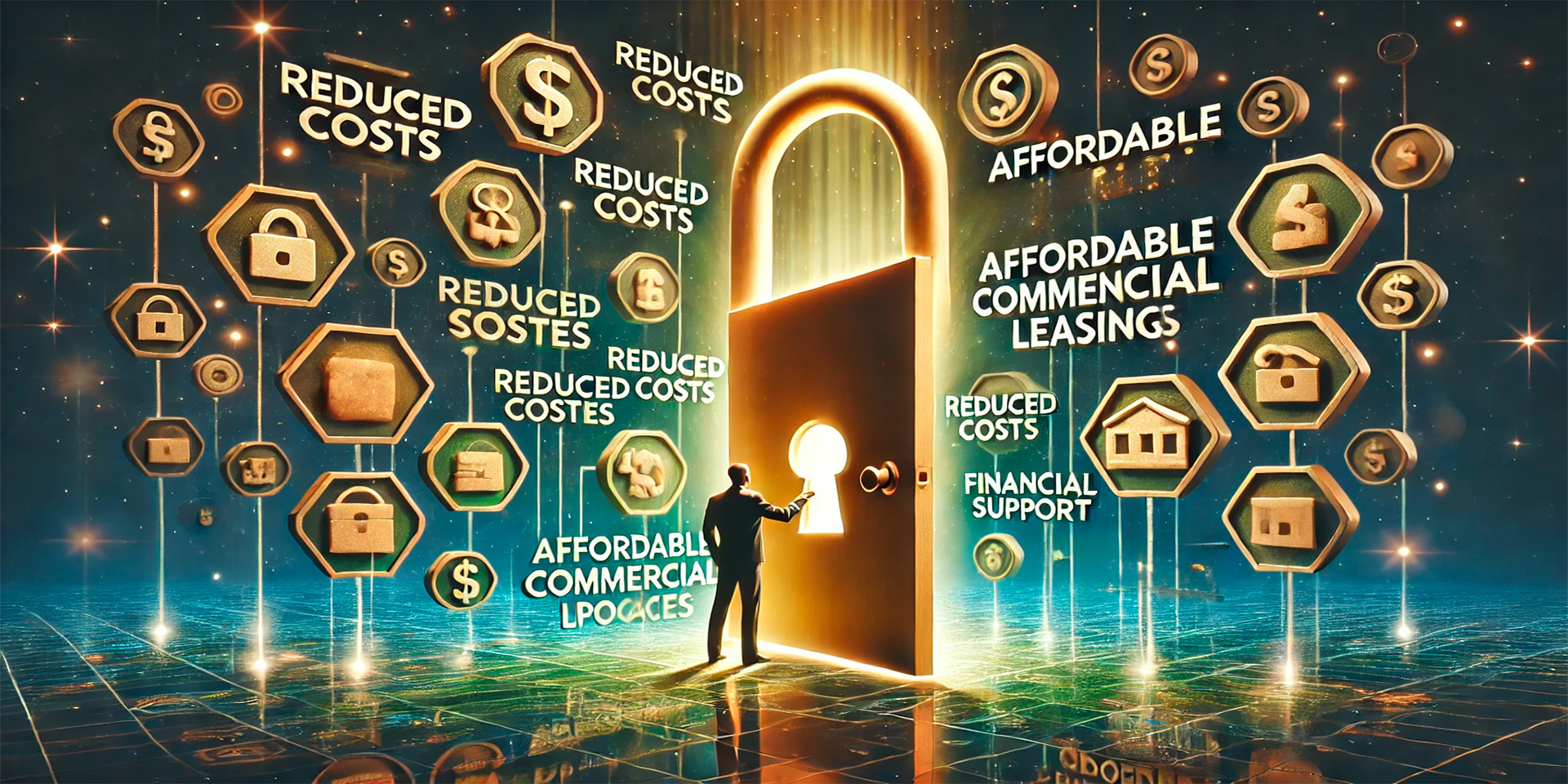When it comes to leasing commercial space, businesses face a crucial decision: Should they opt for a long-term lease or a short-term lease? Each type of lease offers distinct advantages, and the right choice depends on factors such as the nature of your business, growth plans, and financial stability. In this article, we will explore the benefits of both long-term and short-term leases to help you determine which option best suits your business needs.
Understanding Long-Term vs. Short-Term Leases
Before diving into the specific advantages of each, it’s important to define what we mean by long-term and short-term leases.
A long-term lease typically lasts three to ten years or more. This type of lease offers stability and a fixed commitment over a longer period.
A short-term lease, on the other hand, may range from several months to two years. These leases provide more flexibility but are usually accompanied by higher rental rates compared to long-term agreements.
Each option has its own pros and cons, depending on the business’s growth potential, industry, and market conditions.
The Advantages of Long-Term Leases for Businesses
For businesses that prioritize stability and are confident in their growth trajectory, long-term leases offer several key benefits. Committing to a space for an extended period can give your business a stronger foundation and help you manage expenses more predictably.
1. Predictable Costs and Rent Stability
One of the primary advantages of a long-term lease is predictability. When you sign a long-term lease, you typically lock in your rent for the duration of the agreement, protecting you from potential rent hikes caused by market fluctuations. This stability allows businesses to better plan their budgets, knowing that their rent will remain consistent.
In high-demand areas where commercial rents are rising rapidly, locking in a long-term lease can save your business money over time. If market rents increase significantly, businesses on short-term leases may be forced to renegotiate at much higher rates, while long-term lessees enjoy the benefit of fixed, lower rates.
2. Security and Stability for the Business
A long-term lease provides security, as it guarantees that you will have the same location for an extended period. This is particularly valuable for businesses that rely on foot traffic or need to establish a consistent presence in a specific area.
For example, businesses in retail, restaurants, or healthcare benefit from building a loyal customer base, which is often tied to their physical location. Long-term leases allow these businesses to remain in place, minimizing disruption to their operations and customer relationships.
Additionally, long-term leases offer stability for employee retention and operations, ensuring that your team is not subjected to frequent relocations, which can disrupt workflows and lead to additional costs.
3. Leverage for Negotiating Customization and Tenant Improvements
Landlords are often more willing to negotiate tenant improvements and customization of the space when a business commits to a long-term lease. Since landlords benefit from the stability of having a tenant in place for several years, they may offer more generous terms when it comes to renovations, upgrades, or build-outs to suit your business’s needs.
For example, if you need to redesign an office layout, install specialized equipment, or upgrade infrastructure for your business, a long-term lease gives you more bargaining power to negotiate these changes with your landlord. The costs of tenant improvements may even be partially or fully covered by the landlord, reducing your initial outlay.
4. Lower Rental Rates Over Time
Because landlords prefer the security of long-term tenants, they are often willing to offer lower monthly rates in exchange for a longer commitment. Over time, this can lead to significant savings, especially when compared to the potential rent increases associated with shorter-term leases.
For businesses that are confident in their location and expect to remain there for several years, a long-term lease can be a cost-effective option that provides both stability and savings.

The Advantages of Short-Term Leases for Businesses
While long-term leases offer stability, short-term leases provide flexibility, which can be beneficial for businesses that need to remain agile or are uncertain about their future needs.
1. Flexibility to Scale Up or Down
A short-term lease offers the flexibility to adapt to changing business conditions. If your business is in a growth phase, you may need to quickly expand or move to a larger space. Conversely, if your business experiences a downturn or needs to reduce costs, a short-term lease allows you to downsize or relocate without being tied to a long-term commitment.
This flexibility is especially valuable for startups or businesses in fast-evolving industries, where predicting future space requirements can be difficult. With a short-term lease, you can move to a new location or adjust your space needs more frequently, ensuring your lease aligns with your business’s growth trajectory.
2. Easier Exit Strategy
A short-term lease also provides a simpler exit strategy. If your business needs to pivot, relocate to a more favorable market, or shut down altogether, a short-term lease makes it easier to exit without incurring significant penalties or long-term financial commitments.
For businesses in industries where market conditions change rapidly, such as tech startups or pop-up retail, short-term leases reduce the risk associated with being tied to a location for several years. This flexibility can also be useful for businesses testing out new markets before committing to a permanent presence.
3. Ability to Take Advantage of Market Opportunities
With a short-term lease, businesses are better positioned to take advantage of market opportunities. For example, if a more strategic location becomes available, or if rent prices drop in a nearby area, a short-term lease allows you to move quickly and seize that opportunity without waiting for a long-term lease to expire.
In highly competitive markets, having the ability to relocate or renegotiate a lease frequently can give your business an advantage in terms of securing the best location at the best price.
4. Lower Commitment for New or Expanding Businesses
For new businesses or those testing new markets, committing to a long-term lease can feel risky. A short-term lease provides the opportunity to operate without the pressure of a multi-year commitment. This is especially important for businesses unsure of their long-term viability or those in the early stages of building a customer base.
Short-term leases also offer an opportunity to assess whether a location works for your business before locking into a long-term agreement. If a location turns out not to generate enough foot traffic or customer interest, a short-term lease allows you to move on without significant financial losses.

Choosing the Right Lease for Your Business
The decision between a long-term or short-term lease ultimately depends on your business’s specific needs and growth plans. Each type of lease offers distinct advantages, but the best choice comes down to factors like business stability, growth prospects, and market conditions.
A long-term lease is ideal for businesses that value stability, can confidently predict their space needs for several years, and want to lock in lower rental rates while enjoying the security of a fixed location.
A short-term lease is best suited for businesses that prioritize flexibility, expect changes in their operations or location needs, or are looking to avoid long-term commitments while they test new markets or scale.
By evaluating your business’s financial health, industry trends, and long-term goals, you can make a more informed decision about which lease option will help you meet your objectives.
Conclusion: Weighing the Pros and Cons
Both long-term and short-term leases come with their own set of advantages that can significantly impact your business. Long-term leases provide cost savings, security, and the ability to negotiate tenant improvements, making them ideal for stable businesses with predictable space needs. Short-term leases, on the other hand, offer flexibility, allowing businesses to adapt to changing conditions, scale up or down, and explore new markets with minimal risk.
Carefully considering the specific needs of your business—whether it’s flexibility or stability—will help you choose the lease type that best supports your growth and success in the long run.




